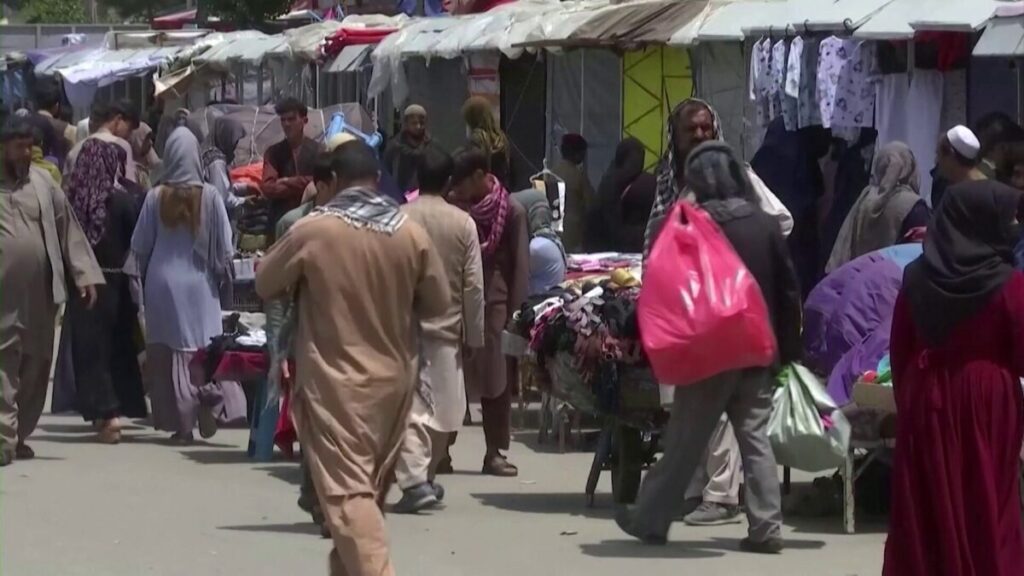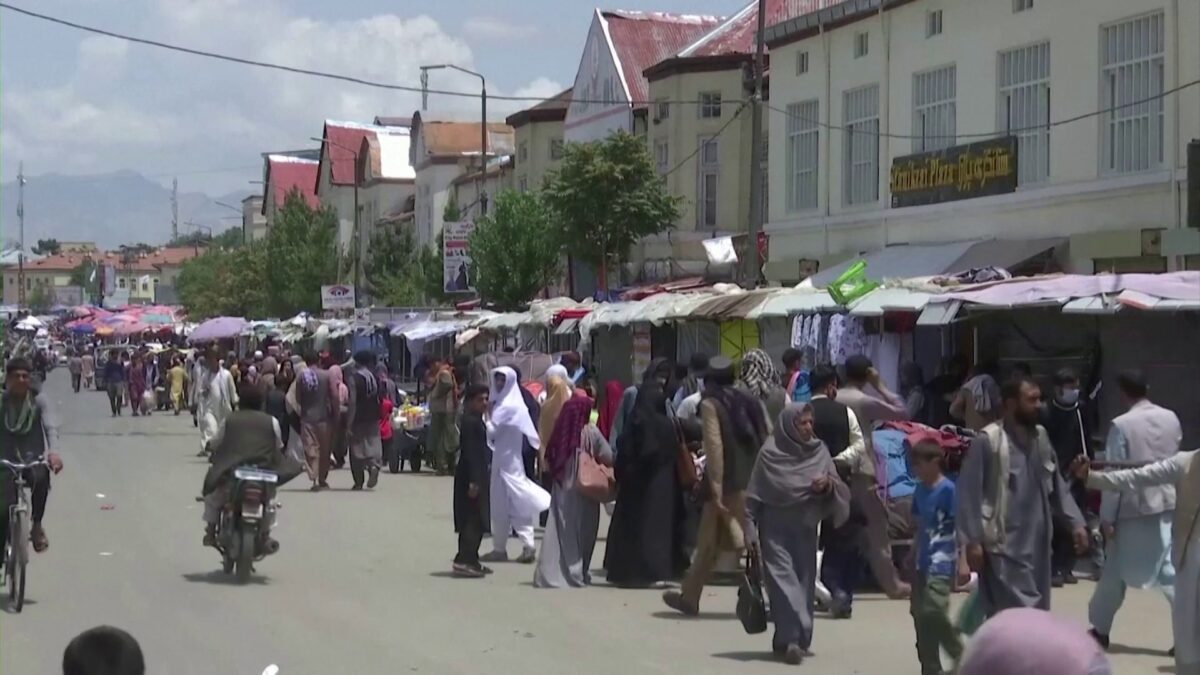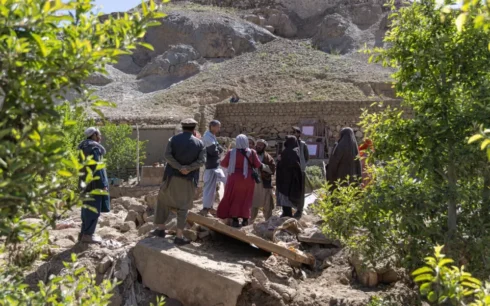KABUL, Afghanistan — Amid long-term poverty and escalating food insecurity, millions of children in Afghanistan are facing malnutrition, raising alarm among citizens and international organizations.
On June 7, World Food Safety Day, estimates indicated that 16 million Afghans lack access to adequate food. Suraya, a resident of Herat, is among those struggling. Earning 5,000 afghanis per month, she supports six children aged five to fourteen. Her husband was killed by the previous government, leaving her as the sole provider. “I am a laborer. I work for 5,000 afghanis a month, pay 1,500 for rent, and then there’s the electricity bill. There’s nothing left to feed the children,” she said. Her 11-year-old son shines shoes to contribute.
The United Nations has voiced serious concern over severe food insecurity in Afghanistan, noting that nine out of ten families struggle to provide adequate nutrition. Citizens report that poverty and unemployment have surged over the past three years, often forcing them to go to bed hungry. Jamila, from Badghis, shared her plight: “Sometimes there is nothing for us to eat. We have two young children left behind by my mother, and they have become malnourished.”
Saifuddin, another Badghis resident, described the daily struggle: “I have a rickshaw. I work from morning till evening and sometimes return empty-handed. Due to high unemployment, if I earn anything, it’s just enough for bread.”

The World Health Programme attributes food insecurity in Afghanistan to a lack of awareness about healthy eating, climate adversities, and the economic crisis. The United Nations warns that food insecurity is expected to worsen this year, with Afghanistan ranking eighth globally for food insecurity. Over half of the population requires humanitarian aid, according to UN statistics.
As Afghanistan continues to grapple with these challenges, the call for international support grows louder, highlighting the urgent need for solutions to address hunger and poverty in the war-torn nation.





